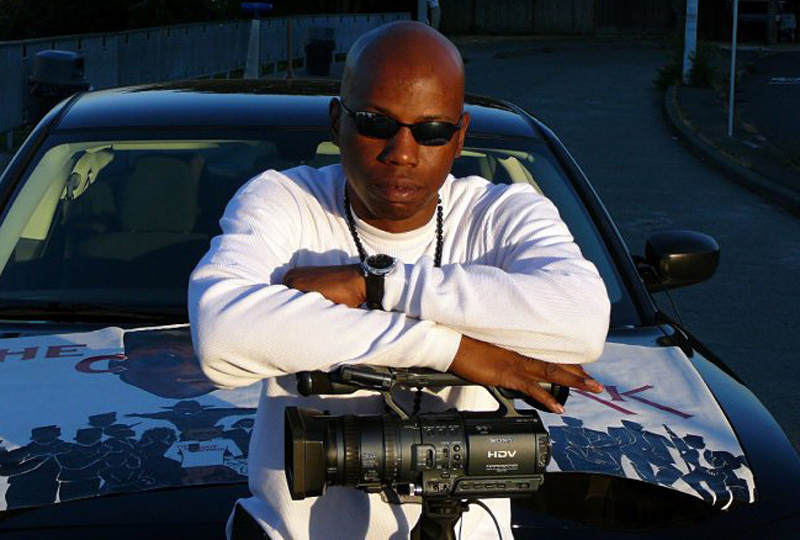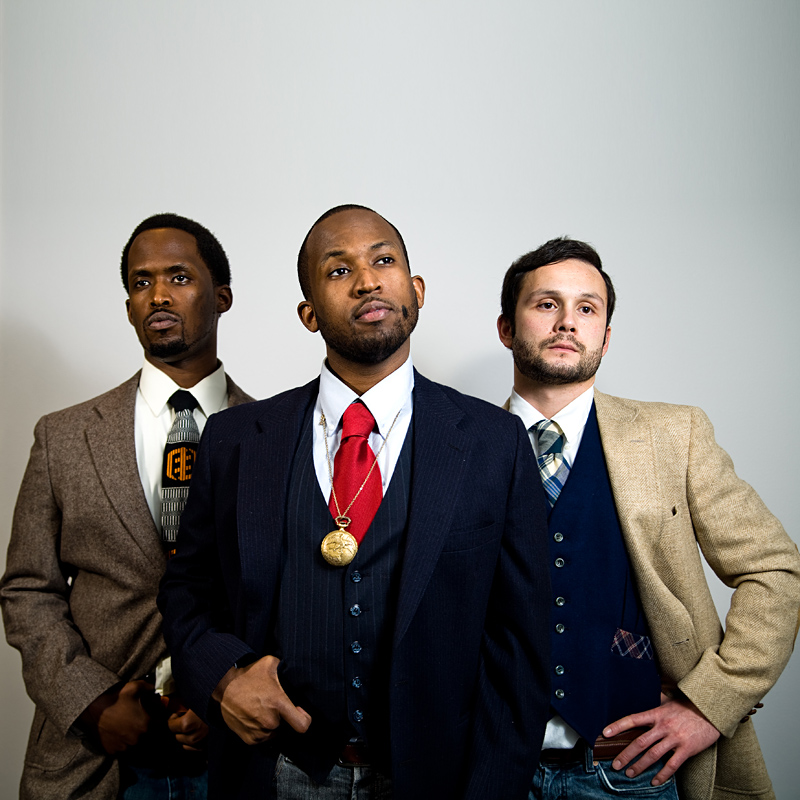On April 4, 1991—just five months before Nirvana would draw earth’s periscope to Seattle—a Harlem native and budding filmmaker named Georgio Brown debuted a weekly program on Seattle public-access channel SCAN. Today, Coolout TV is one of the nation’s longest-running hip-hop video series, mashing up interviews and concert footage from the best artists in the local scene.
“To have a visual outlet for the culture is integral in terms of influence,” said Digable Planets and Shabazz Palaces MC Ishmael Butler. “All the artists know there’s a person who’s seriously dedicated to the expansion and notoriety of Seattle hip-hop. He’s been the captain of that ship for a long time.”
Now, the Crocodile—which also opened in April 1991—will serve as the staging ground for the Network’s 19th-birthday bash, to feature 19 local groups including legends like Ghetto Children and Kid Sensation (now Xola) as well as newer names like Khingz and D.Black. While Brown won’t reveal the secret grand finale, his palpable excitement and passion for local musicians is enough to hint that it’ll be worth watching.
“I grew up in Harlem in the early stages of hip-hop, so I was there at its inception, I was there in the playgrounds,” said Brown. “And when I came out here I was blown away by the caliber of artists. Cats that perform music here do it with heart and passion.”
For 16 years the Coolout Network aired weekly segments on public access before migrating to online “webisodes” in 2007 that continue to run on Tuesday at ITVNW.com from 7 to 8 p.m. “He’s definitely our main historian, a walking museum of what it is we’ve been doing,” said rapper Khingz, who was first introduced to the show in middle school.
After more than 600 installments, Coolout’s next evolution is full-length films. The first, under the working title Top Left, is a veritable culmination of three decades of Seattle hip-hop history that he plans to debut at the 20th-anniversary party next year. While major networks like MTV and BET didn’t see the appeal when he shopped around the show in its early stages, Brown is no less adamant now about the scene’s importance than he was then.
“I know we’re set to blow really soon,” says Brown of 206 hip-hop. “And if I can help create some megastars by showcasing the good in them, I think that’s my mission.”






